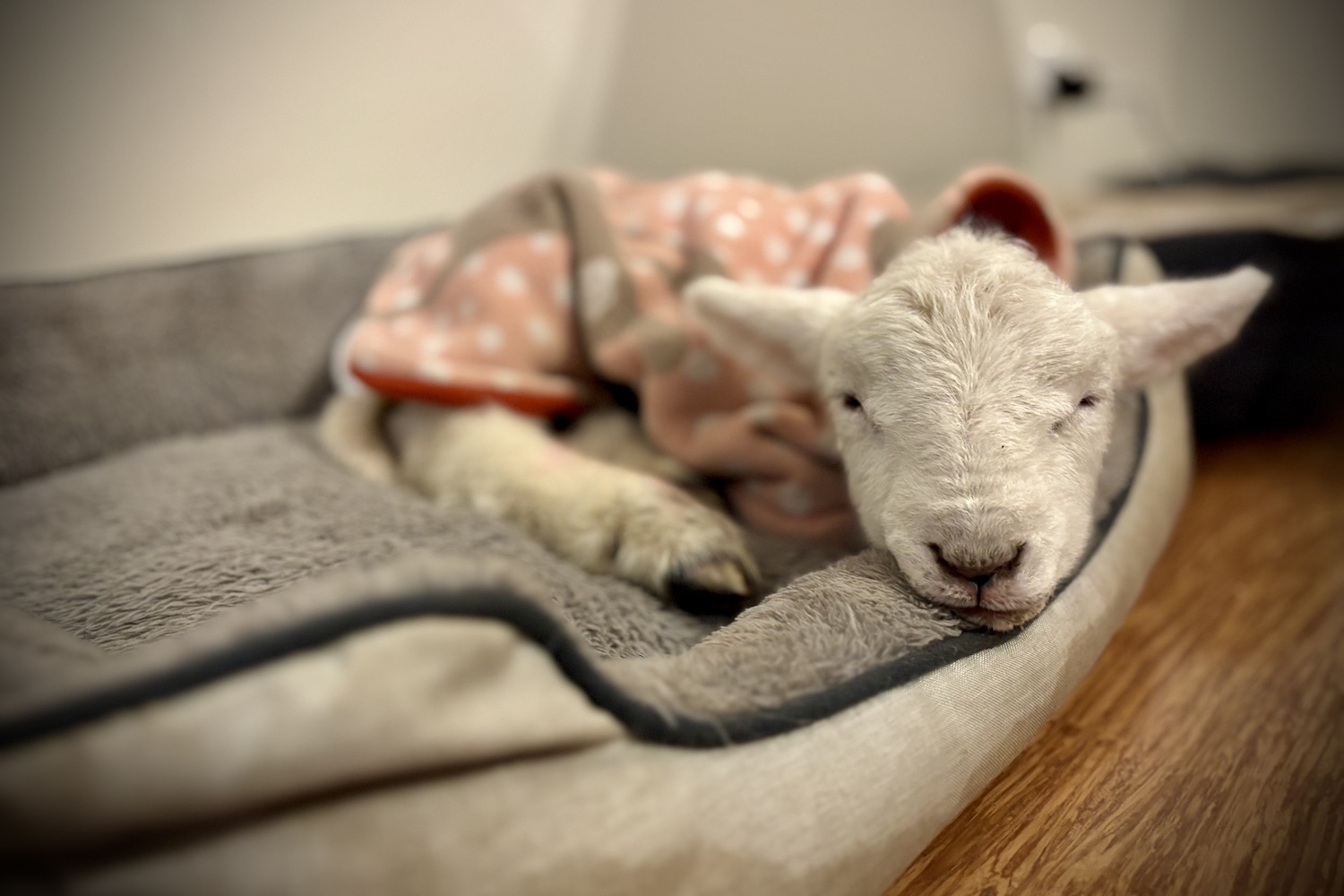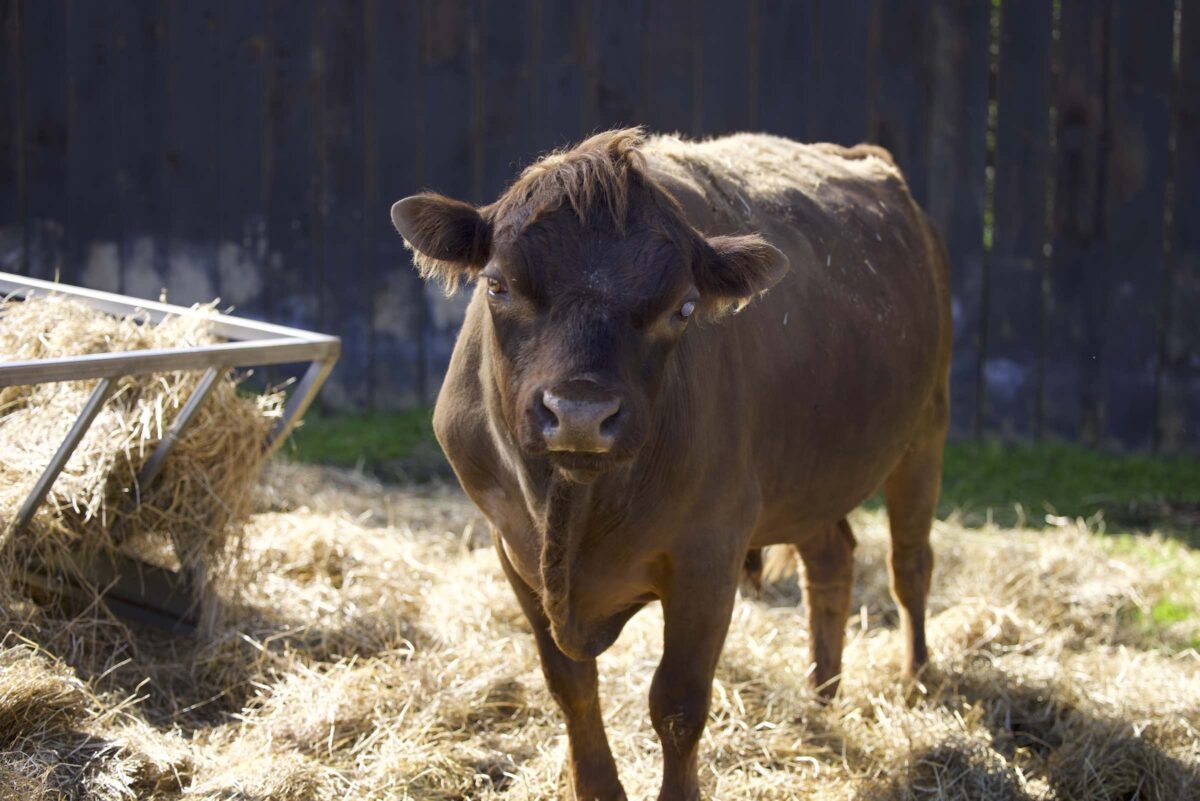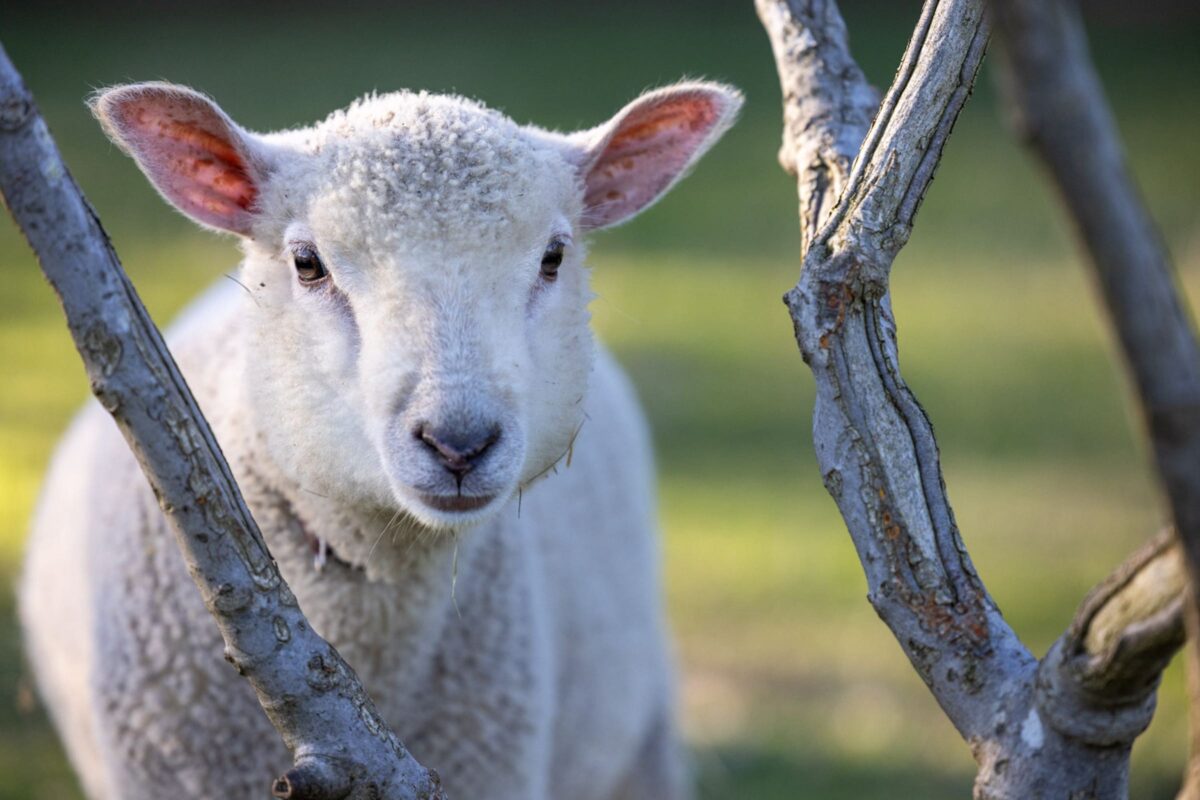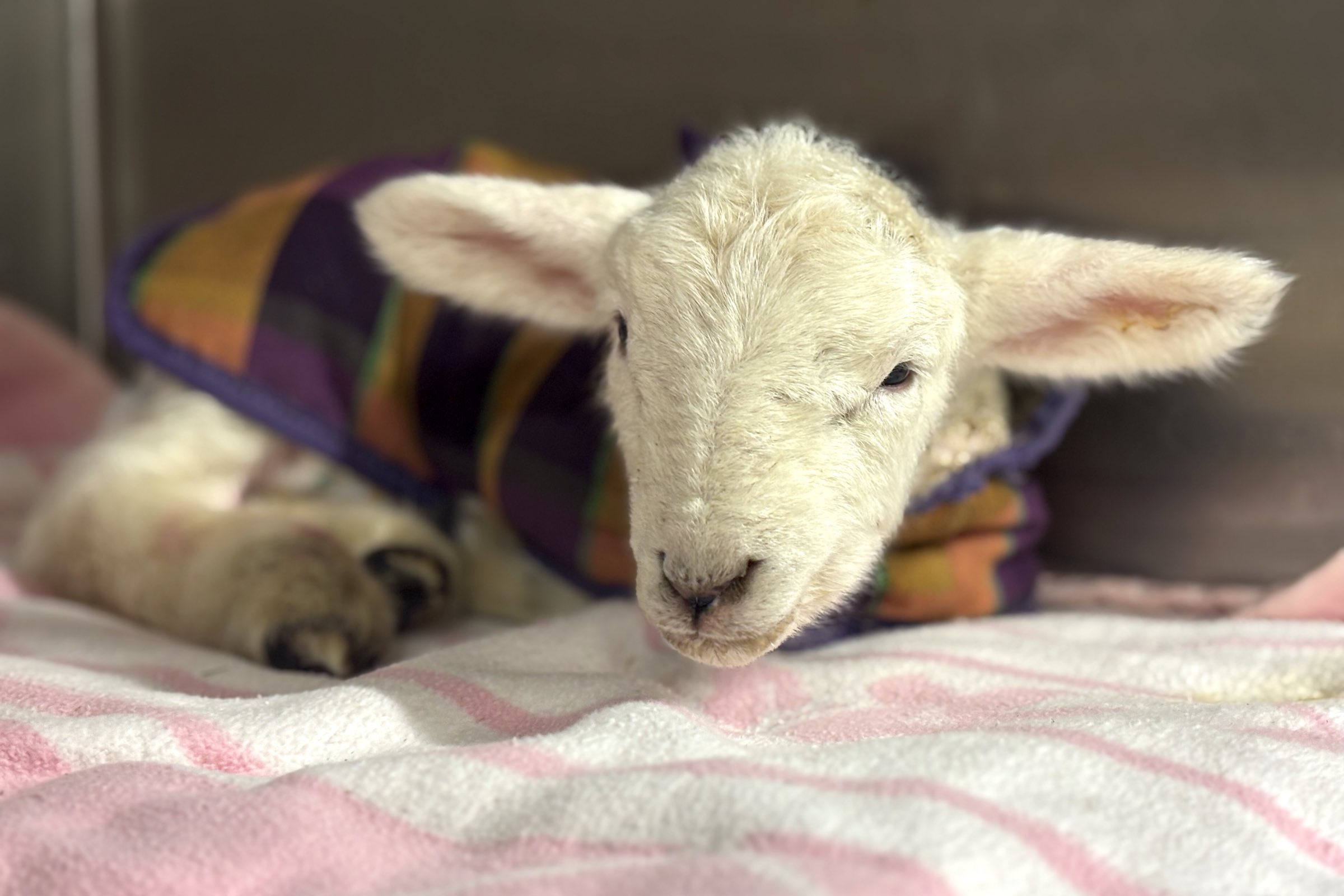
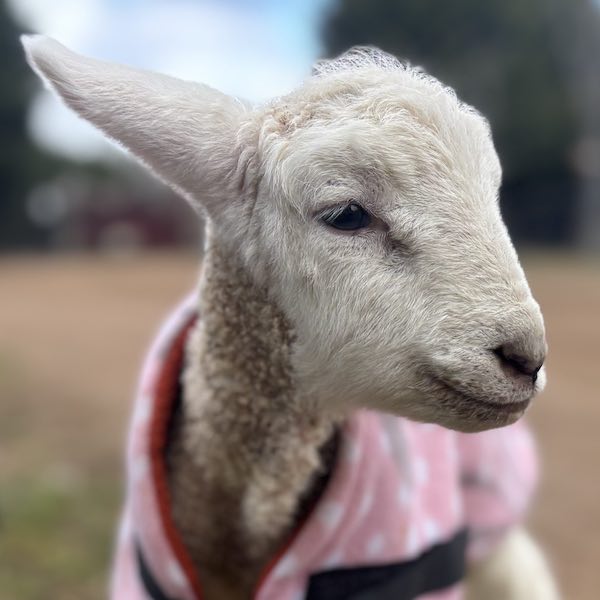
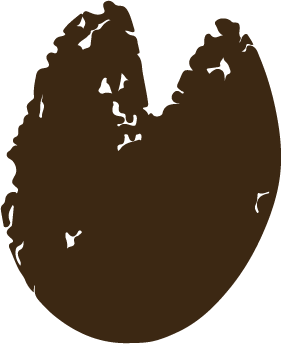
When the Crying Stops
We’re not sure what hurts more—the crying, or the silence that follows.
Little Tilia is quiet now. Curled at our feet, belly full of warm milk, the soft hum of the heater brushing her sleeping face. But what if this silence isn’t peace? What if it’s surrender? The moment her tiny heart accepts she’ll never see her mumma again?
When she arrived, Tilia cried so hard it shattered something in us. It’s what all newborn orphan lambs do on their first night. And each time, it threatens to break us.
Still damp with her mother’s scent, trailing the thread of her umbilical cord, she had just arrived at sanctuary—three kilograms of heartbreak. Born a twin, her young mumma simply didn’t have enough to give. And so, Tilia was left behind.
Cold. Alone. Crying.
We wrapped her in towels. Rubbed her to life. And still, she cried. We offered essential colostrum. Whispered every loving word we knew.
And still, she cried.
People call orphaned lambs “Mother Nature at work.” But there’s nothing natural about this. Tilia isn’t the wild mouflon her ancestors once were. Selective breeding has stripped sheep of their instincts—of their freedom. They are, like Tilia, made dependent. Bred to carry heavy fleeces that require regular shearing, birth multiple babies—often beyond what they can nurture—and to live lives shaped more by productivity than possibility, in conditions as cruel in nature as they are in law.
And in reshaping them, we’ve reshaped ourselves. Once healers, we became harvesters. Once caretakers, we became consumers.
But a different world is calling—and if you listen closely, you may hear its cry.
In caring for Tilia, something inside us stirs. She’s the sweetest little lamb—curious, independent, sometimes needing a cuddle, other times determined to walk on her own. We call those her “big girl pants” moments. Her ears twitch at our footsteps, her gaze lingering when we whisper her name.
In loving Tilia, we remember what it means to be tender. To be just. To be kind.
This is the real transformation. When we hold animals with mercy, we don’t just heal them. We begin to heal ourselves.
It’s what happens when the crying stops.
